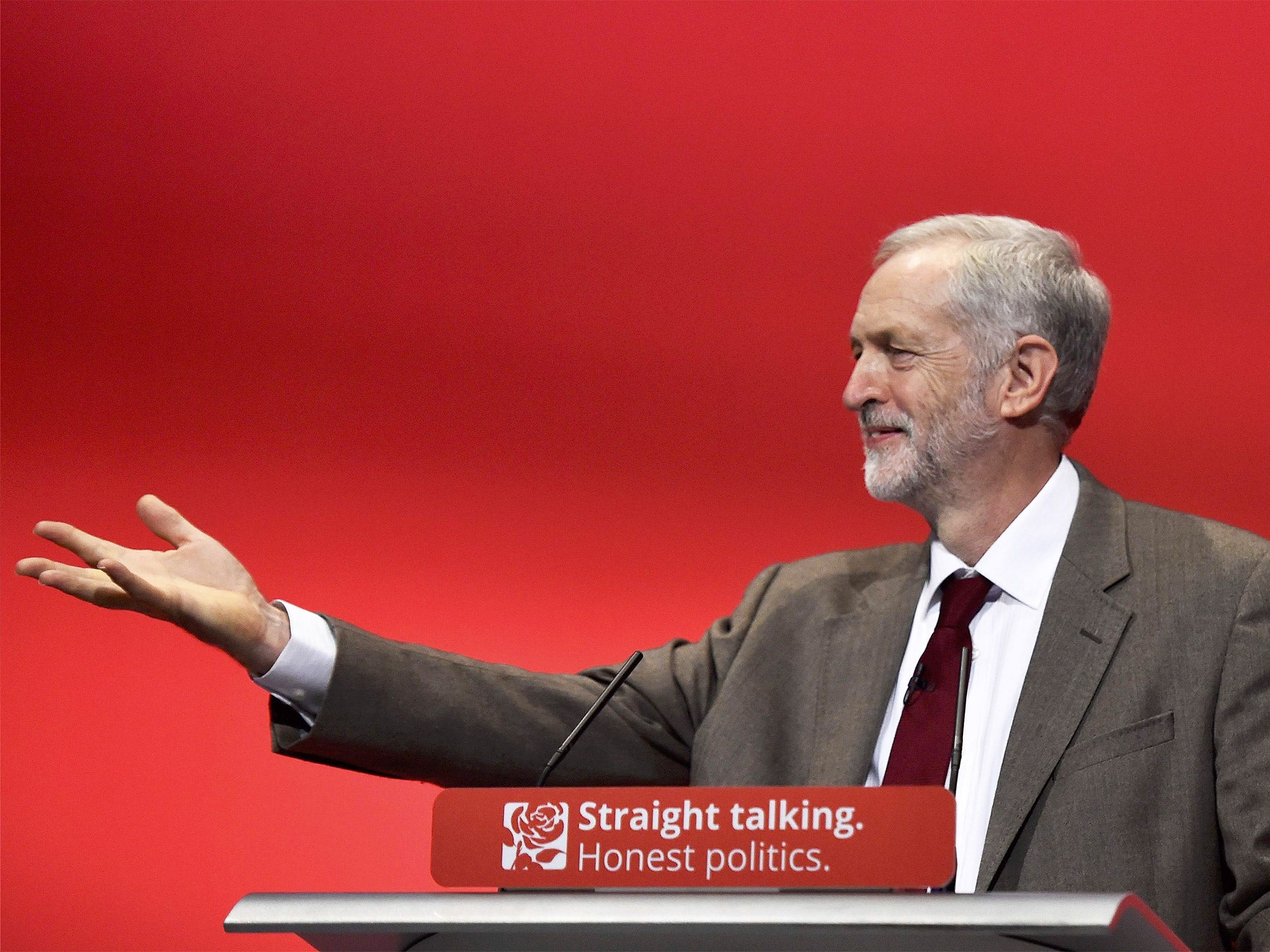We must take mental health as seriously as physical - and here's how to start
Many NHS staff have very limited training in these areas

Your support helps us to tell the story
From reproductive rights to climate change to Big Tech, The Independent is on the ground when the story is developing. Whether it's investigating the financials of Elon Musk's pro-Trump PAC or producing our latest documentary, 'The A Word', which shines a light on the American women fighting for reproductive rights, we know how important it is to parse out the facts from the messaging.
At such a critical moment in US history, we need reporters on the ground. Your donation allows us to keep sending journalists to speak to both sides of the story.
The Independent is trusted by Americans across the entire political spectrum. And unlike many other quality news outlets, we choose not to lock Americans out of our reporting and analysis with paywalls. We believe quality journalism should be available to everyone, paid for by those who can afford it.
Your support makes all the difference.Mental health is now a serious political issue. This week, Jeremy Corbyn became the latest political leader to include a reference to mental health in his party conference speech. His argument was that the commitment to parity of esteem for mental health must be more than an empty ‘slogan’. We’ve heard commitments from all parties, now it’s time they were universally held to account on their promises.
Parity of esteem should mean that those seeking help for a mental health problem should expect to receive the same level of response from the NHS as if they were presenting with a physical health problem. There is a long way to go to achieve this. A couple of stark statistics illustrate the point.
Mental health problems account for 22.8 per cent of the demand facing the NHS but only 11 per cent of NHS expenditure. Ninety two per cent of people with physical health problems receive the treatment they need, but by comparison, only 26 per cent of people with mental health problems do.
For those individuals with mental health problems and their families, this means it can be harder to access help when it is needed, that there is less access to evidence-based interventions and less choice than would be the case for a physical health problem. At its worst, the issues are reflected in the situations where young people in severe mental distress have ended up in police custody or in hospitals 200 miles away from home.
So, if as Jeremy Corbyn suggests, parity of esteem for mental health is taken be seriously what has got to change?
The first thing is attitudes. Negative attitudes and stigma have been a major reason why it has been deemed “acceptable” to offer a second class response to those with mental health problems. The good news is that campaigns like Time to Change have made significant steps in improving attitudes and making it easier for people to talk about their experiences of mental ill-health. The more visible mental health is as an issue, the more likely it will be taken seriously by politicians.
The second is standards. Target are not everything but there is no doubt that our experience of physical health care has been transformed by the priority given to waiting times, whether in A&E or for elective care. Until recently, no such standards existed for mental health so the commitment made by the Coalition Government to introduce standards for early intervention for psychosis and access to talking treatments for people with depression and anxiety were welcome. This must be, though, just the start.
The third is training. Mental health problems do not just present in mental health services. Many people with long term physical health problems, like diabetes, will also be affected by a mental health problem. Many people presenting frequently in A&E and at their GP will be suffering from issues which are fundamentally psychological in character. Yet many NHS staff working in those settings can have very limited training in how to respond to those issues. It is possible to be a doctor specialising in physical health and do as little as five weeks on mental health in the whole of their clinical training. This must change. GPs needs to be equipped with the necessary skills for early and effective diagnosis of mental health conditions and better preventative and physical health care for people with serious and enduring mental health problems.
The bottom line though is resources. Achieving parity of esteem has to mean a serious long term commitment to increase funding in mental health care. With some exceptions, the opposite appears to be happening. Reports earlier in the year found that mental health funding had fallen by 8.25 per cent despite rising demand.
With enormous pressures on public sector budgets, some will argue that this is no surprise. We however perceive greater investment in mental health services as offering a solution to the pressures with which many hospitals and GPs are struggling to cope.
We know that there are many positive things to build on about mental health care in this country. It is unacceptable, however, that there remains such a gap in what the NHS can offer people with mental health problems compared to physical health issues. It is an issue which leaves those with serious mental health problems, like schizophrenia, with a life expectancy two decades shorter than the general population. Tackling this problem head on will require not just fine words, but a major shift in culture and resources. On this Jeremy Corbyn is right.
Paul Jenkins is the Vice Chair of the Cavendish Square group. Twitter: @PaulJThinks
Join our commenting forum
Join thought-provoking conversations, follow other Independent readers and see their replies
Comments